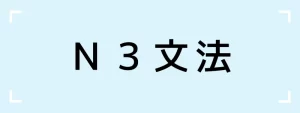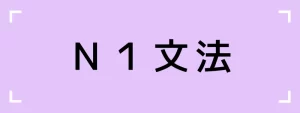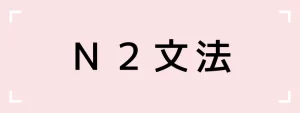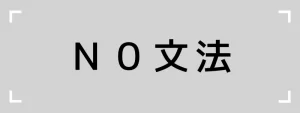接続
今でこそ+文の普通体+が
意味
现在是…
解説
今は何も問題がなくなったが以前は重大な問題だったこと、あるいは今は当然のことだが以前はそうではなかったことを表します。
「今でこそ」の後には現在の状況を述べ、後件には過去の状況を述べます。
この文型は常に現在を起点にして過去のことを述べるときに用います。
後件に逆接を伴わず単独で用いることもできます。例文(7)(8)。
例文
(1) A社は今でこそカメラで有名になっているが、創業当時は文房具を作っていた。
虽然A公司现在以照相机出名,但创业时生产文具。
Although A Company is now famous for its cameras, it used to make stationery products when it was founded.
(2) 今でこそ何でも食べるようになったが、子どもの頃は好き嫌いが多かった。
虽然现在什么都能吃,但小时候还是很挑食。
Although I can eat anything now, I had many food preferences when I was a child.
(3) 今でこそ他人の考えを受け止める余裕があるが、10代20代はそうではなかった。
虽然现在有富余时间接受别人的想法,但10代20代并不是这样。
Although I can now be receptive to other people’s ideas, I couldn’t do that in my teens and twenties.
(4) 今でこそLGBTという言葉が広がり認められているが、昔は嫌悪の対象として見られていたこともある。
虽然现在LGBT这个词被广泛认可,但过去也曾被视为厌恶的对象。
Although the term LGBT is now widely spread and accepted, it used to be seen as an object of disgust in the past.
(5) 彼5年前はカッコよかった。今でこそ太ってしまったけど。
他5年前很帅。虽然现在胖了。
He was cool five years ago. Although he has gained weight now.
(6) 彼女は今でこそ可愛い可愛いと言われているが、昔はそうではなかった。
虽然说她现在才被大家认为是可爱的,但过去不是这样的。
She is now considered cute and adorable, but she wasn’t like that in the past.
(7) 大人になった今でこそできることがある。
有的事情只有长大后的现在才能做。
Now that I have grown up, there are things I can do.
(8) 今でこそ悪でも、昔は正義で当たり前だったこともある。
即使在现在看来是恶(不好的事情,在过去也是正义的,理所应当的事情。
Although it may be considered bad now, in the past it was considered righteous and natural.
備考
特になし





コメント